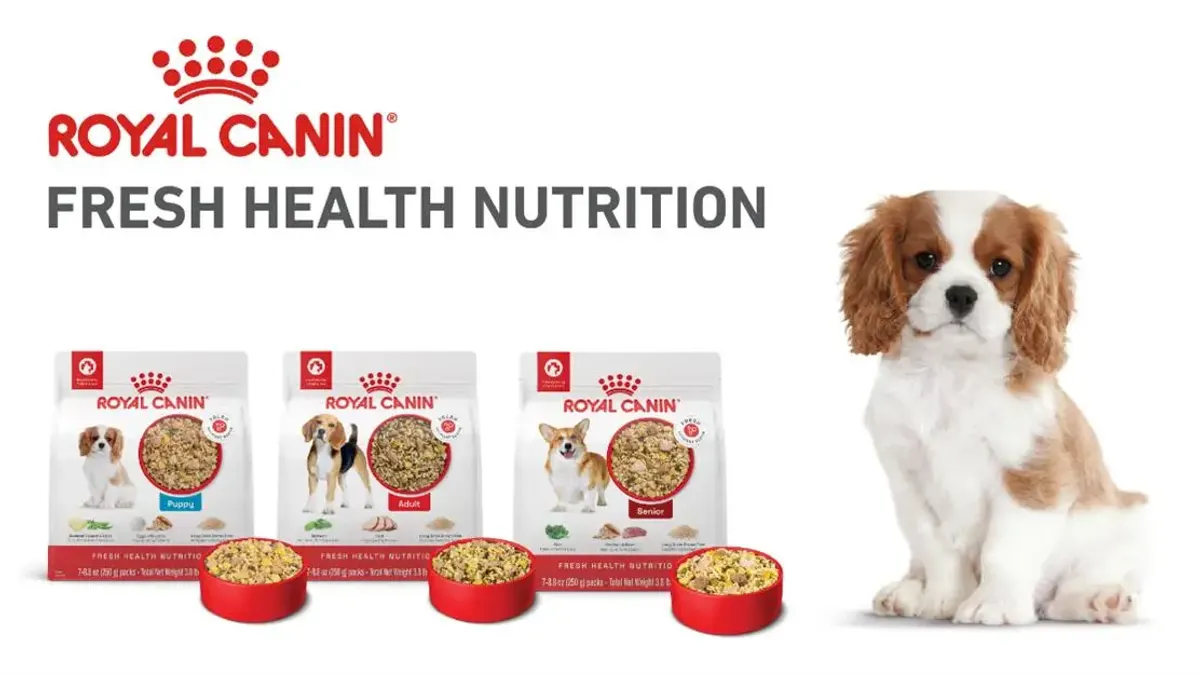Well, just how do I become a better customer?
I asked this question facetiously during a heated discussion with the president of a regional industrial distributor. Their delivery performance had deteriorated into an expediting nightmare and the attitude of the sales manager had the "not my job" vibe that angered me. The once strong relationship was quickly going downhill and this summit meeting was a way to get things back on track.
Not unexpectedly, the president said that I was an excellent customer. I laughed out loud as his attempt at buyer pacification, when I saw the look on his face get serious. He explained that we were a core customer. Our business volume grew year over year, the profit margins were reasonable, and the relationship strong, especially in the new product development area. Based on revenue, our account was in the top 10 of all accounts.
I was surprised. And that newfound leverage, and empathy, had me ask the same question in a different spirit. Just what could I do to become that better customer?
There were some simple operational solutions that I was able to immediately implement. Planning would increase lead times by two weeks to reflect some tightening of supply, lot sizing would line up with industry-standard packaging, and engineering would correct documentation, removing duplicate part numbers and creating a consistent nomenclature. That would simplify ordering and lessen part number confusion.
And as a hedge, we would add some additional inventory to smooth out mutual system hiccups. I was indeed becoming a better customer through my own process improvement in response to supplier needs. And helping them ultimately helped my company.
In a few minutes, I transitioned from an account name and number to an actual person.

The president then became a bit introspective. He said that his sales and customer service team was giving him trouble, blaming others for their company's shortcomings and becoming short and curt with customers. He asked if I could come in and speak with his team about my needs as a customer during their weekly lunch meeting. I brought along my planner, both as a goodwill gesture and an opportunity to meet the sales team.
The conference room resembled an 8th-grade dance with the half dozen customer service representatives seated towards the back and sheepishly looking at their notebooks. No one made eye contact as I began my brief presentation.
I introduced my company, our products, our customers, our lean manufacturing operations, and our procurement process. I explained how we used their products. I also shared data on their poor performance and its impact on our production and our customers.
I asked the very same question I had asked the president: "How do I become a better customer?" In a few minutes, I transitioned from an account name and number to an actual person. Perhaps it was the influence of the pepperoni pizza and full-sugar cola, but they began to respond to my needs for improved service levels with an active brainstorming session.
In addition to the agreed changes in our ordering process, we revamped communication as well, assigning one customer service representative to work directly with the planner. By the end of lunch, they were both huddled over the open order report, reconciling shipments and deliveries. The performance of the supplier improved almost overnight.
There are three things you can do to be a stronger customer.
Lose the arrogance
The customer is not always right. It is easy to be condescending, demanding, and generally obnoxious to the supplier just because you are the customer and hold the potential order in your hands.
Understand the importance of the commercial relationship, no matter the depth. In all cases, be civil, understanding, and liberally use the terms please and thank you. People want to deal with people who are nice. Being nice is not a weakness. It is an underutilized and inexpensive supplier management tool.
Listen to the supplier
Some suppliers may be reticent to tell you what your company can do to make the procurement process smoother and more cost-effective for both parties. Create a communications environment where the supplier is comfortable in sharing positive, and negative, information. Work toward an open exchange of information.
"How are we doing as a customer these days?" is a way to break down the communications barrier and show an interest in the supplier's business. It is in your best interest to see that they are successful. Be a problem solver.
Pay your bills
Meet the financial obligations to your suppliers. Pay your bills on time and reconcile invoice issues promptly. Take ownership of this process. "Are we paying you okay?" is a way to make sure there are no lingering financial problems and also remind suppliers that you are indeed a good customer. Paying invoices on time is a sign of respect and a customer differentiator. And at the end of the day, the best service goes to the customers who pay.
Be a strong customer, one that suppliers value.
This story was first published in our weekly newsletter, Supply Chain Dive: Procurement. Sign up here.





















